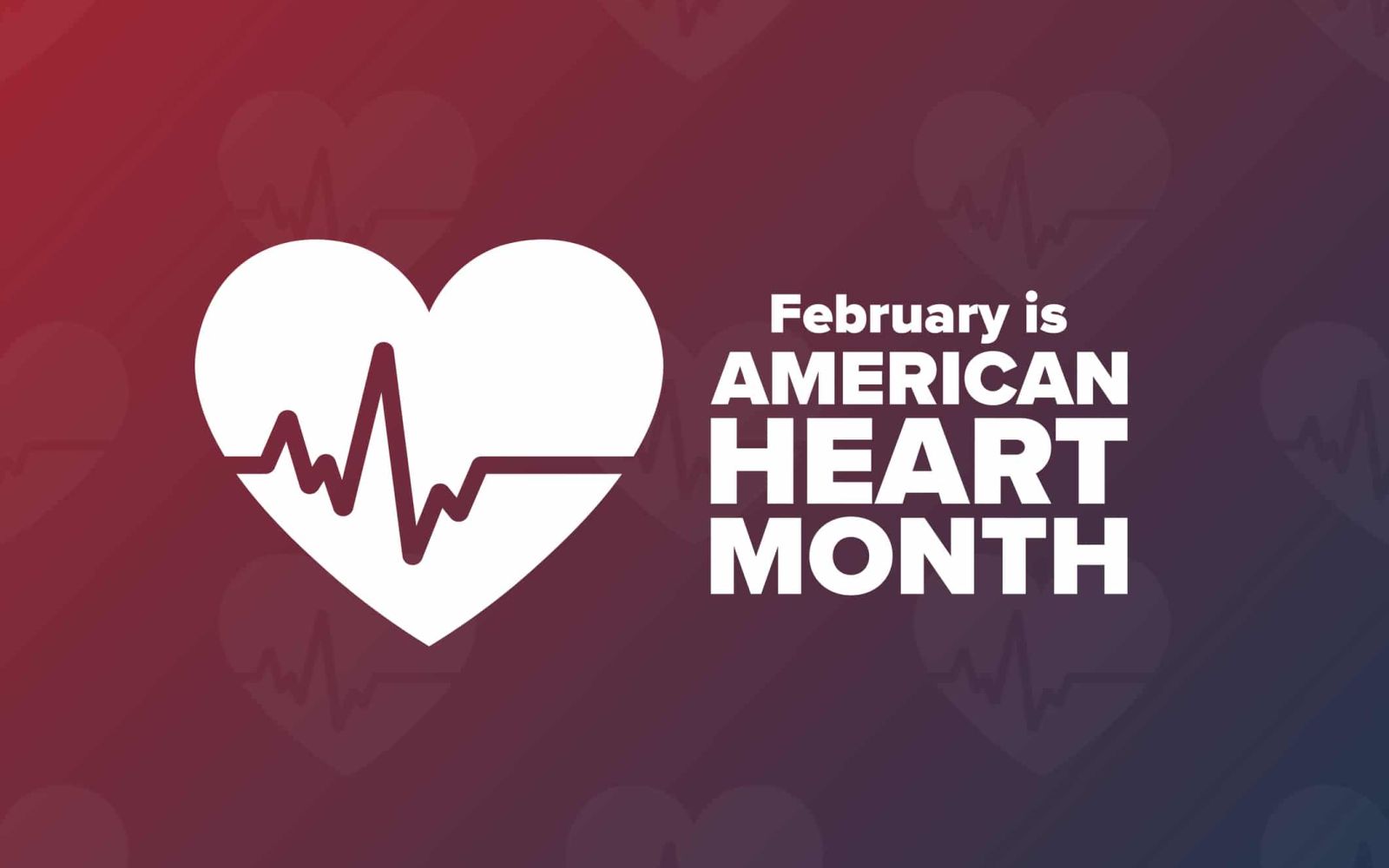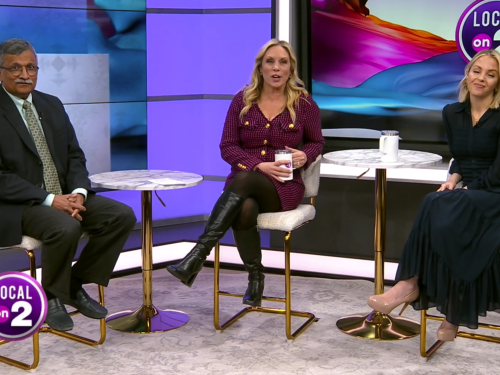Love your heart. Love yourself.
February is American Heart Month. Take steps towards a healthier heart and a healthier you.

In the United States, heart disease is the leading cause of death for both men and women. You can show your heart, and yourself, some love with regular exercise, a balanced diet, adequate sleep and regular check-ups.
Most middle-aged and young adults have one or more risk factors for heart disease, such as diabetes, high blood pressure, high cholesterol, smoking, or being overweight. Having multiple risk factors increases your risk for heart disease.
Fortunately, by doing little things each day, you can live a heart-healthy lifestyle and reduce your risk of heart disease and stroke. While you may not see or feel progress on day one, regular self-care can lead to big results. Here are a few things you can do to help your heart:
- Physical activity: Get a daily dose of movement. Take a brisk 30-minute walk, do some yard work, dance or simply climb some steps. Movement combined with a healthy diet can help you shed unwanted pounds
- Low sodium meals: Cook meals that are low in sodium and limit unhealthy saturated fats found in many meats and processed food. Create a diet that is rich in fruits, vegetables, lean proteins and whole grains. If you are looking for heart-healthy recipe ideas, including written in Spanish, visit the Nashville General Hospital Foundation website and download our free cookbook.
- Take your medications: If you are taking prescription medications, it is important to carefully follow those instructions and not miss a dose.
- Regular check-ups: Keep your medical appointments, including an annual physical. Regular medical check-ups are one of the first steps to finding heart health issues. These check-ups will include monitoring your blood pressure, checking cholesterol and listening to your heart.
- Sleep: Try to get at least 7-8 hours of sleep a night.
- Manage stress: Your risk of heart disease increases as your stress level increases. Reduce stress by relaxing with meditation, yoga, a warm bath, reading a book, watching a funny movie or other forms of quiet time.
- Watch for traps: Think about how your actions can affect your health. Replace your salty and sugary snacks with fruits and vegetables. Drink water instead of soda. Limit your consumption of alcohol, which can raise your blood pressure and add empty calories. Stop smoking, which can damage your lungs, heart and blood vessels.
- Stay connected: Studies show that having positive, close relationships and staying connected with others helps blood pressure and overall feeling of well-being. Even virtual connections through text, email and video calls can have a positive effect. Join a self-help group with like-minded people to help you, and them, stay motivated.
If it has been a while since you have had a regular check-up, contact your doctor today. Your health care provider can do a thorough examination including learning more about your personal and family medical history. If you are diagnosed with heart disease, the cardiology teams at Nashville Healthcare Center provide a multidisciplinary program to further diagnose, treat and prevent additional cardiovascular damage.
This information is not intended to be a substitute for professional medical advice. You should talk with your primary care physician or other qualified medical professionals regarding diagnosis and treatment of a health condition.
Sources:
- cdc.gov, “Heart Disease”, Centers for Disease Control and Prevention, April 14, 2023
- nhlbi.nih.gov, “What is Heart-Healthy Living”, National Heart, Lung, and Blood Institute part of the National Institutes of Health, March 24, 2022
Love your heart. Love yourself.



